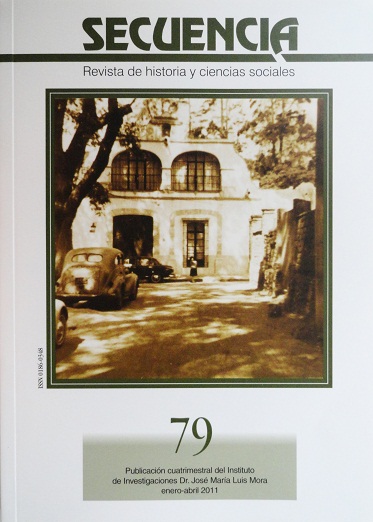Abstract
Penal policy towards slaves in Virginia underwent a process of reforms during the decades leading up to the Civil War. Although the code for slaves was excessively severe, in practice, the authorities made it less harsh by constantly commuting death sentences to deportation. Capital punishment became a punishment for only the most serious crimes alone while most of the slaves condemned to death were actually deported. Most of the historians concerned with the American south has interpreted this leniency as part of efforts by the slave-owning class to increase the legitimacy of their social system as well as their cultural hegemony over southern society as a whole. From this perspective, slave owners were prepared to promote this type of reforms to reduce the criticisms and moral questioning of the principal institution in their society. Beyond external attacks from Northern and European abolitionists, the reforms sought to reduce the space for criticism and internal dissidence and ensure domestic consensus on the preservation of slavery. This article questions the assumptions of “hegemonic interpretation” and through a detailed analysis of various cases of slave crime, suggests that reformist attitudes contained anti-slave ideas and attitudes as well as a certain potential to subvert the southern social order.
Aquellos autores/as que tengan publicaciones con esta revista, aceptan los términos siguientes:
- Los autores/as conservarán sus derechos de autor y garantizarán a la revista el derecho de primera publicación de su obra, el cuál estará simultáneamente sujeto a la Licencia de reconocimiento de Creative Commons Atribución-NoComercial 4.0 Internacional que permite a terceros compartir la obra siempre que se indique su autor y su primera publicación esta revista.
- Los autores/as podrán adoptar otros acuerdos de licencia no exclusiva de distribución de la versión de la obra publicada (p. ej.: depositarla en un archivo telemático institucional o publicarla en un volumen monográfico) siempre que se indique la publicación inicial en esta revista.
- Se permite y recomienda a los autores/as difundir su obra a través de Internet (p. ej.: en archivos telemáticos institucionales o en su página web) antes y durante el proceso de envío, lo cual puede producir intercambios interesantes y aumentar las citas de la obra publicada. (Véase El efecto del acceso abierto).



